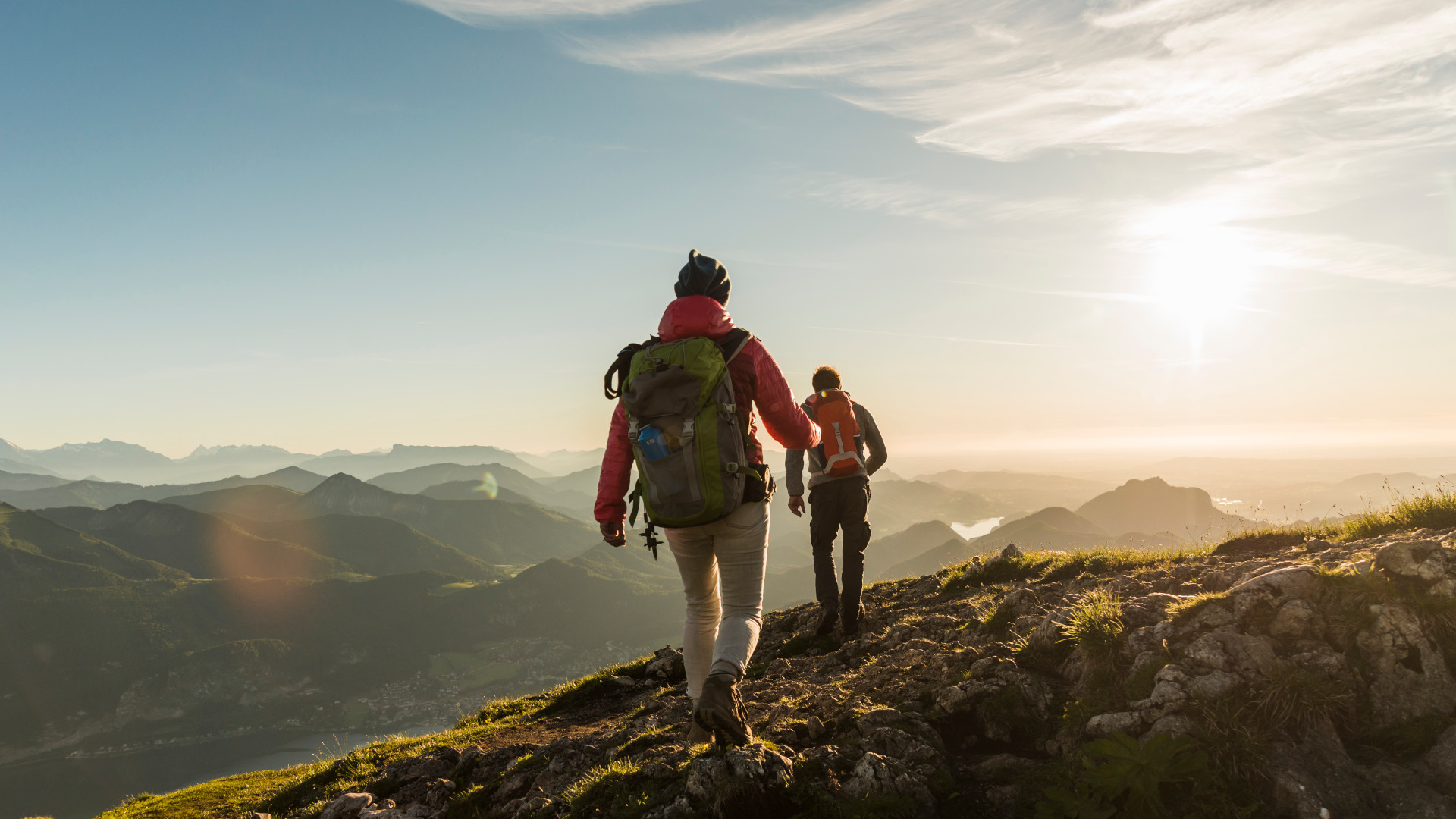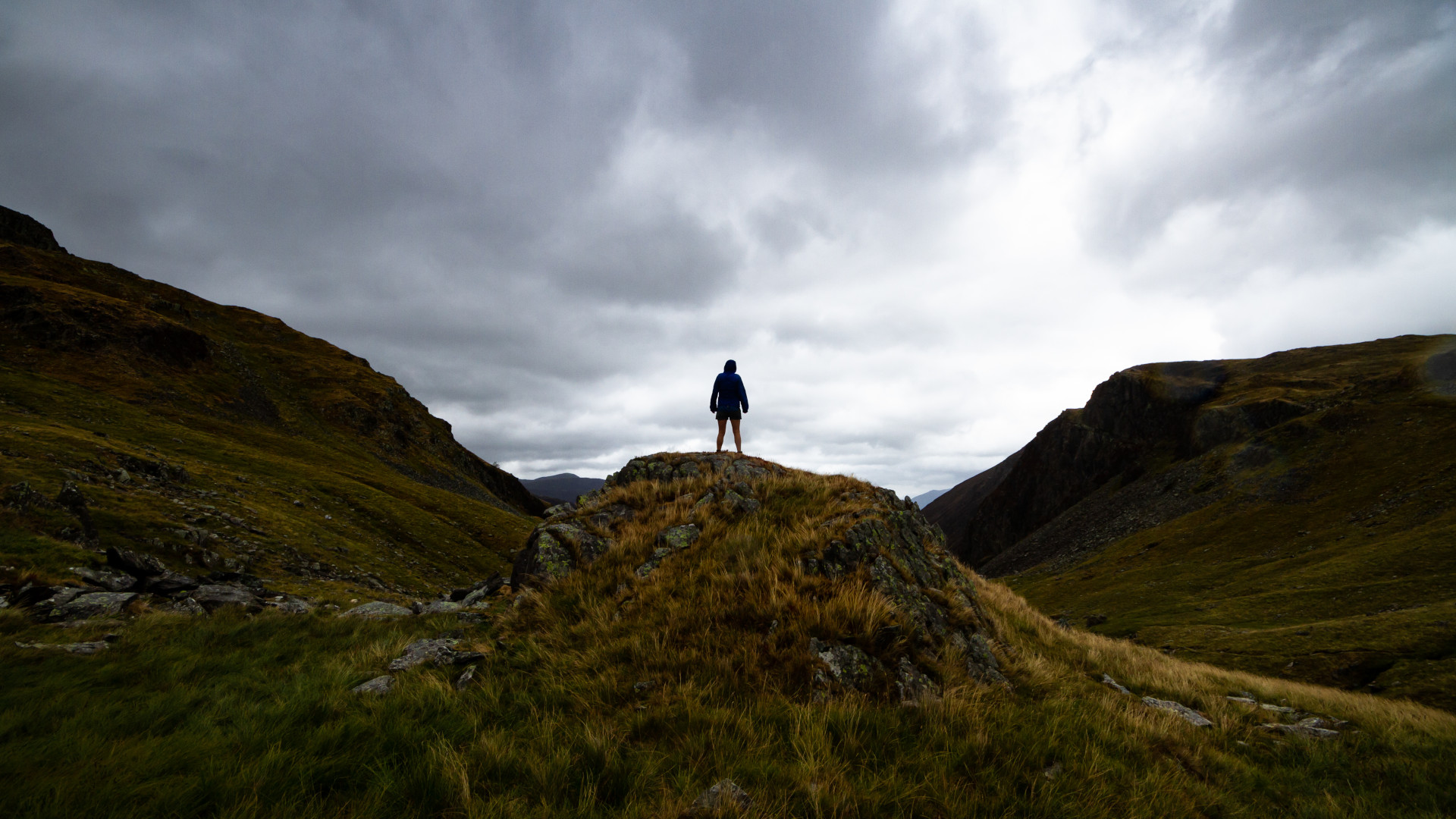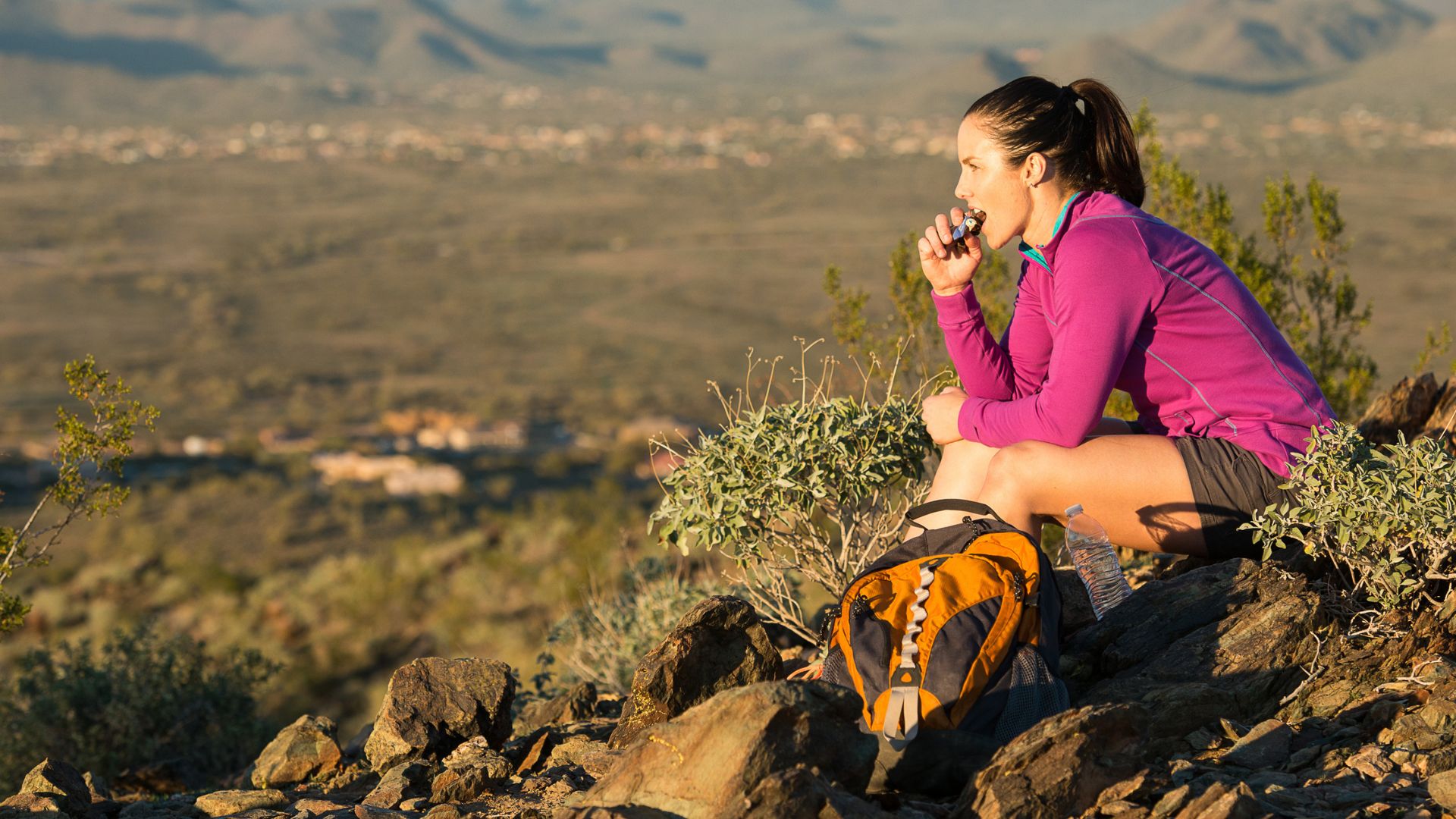5 signs it’s time to turn back on your hike
It's perfectly ok to call it a day on your hike earlier than expected, especially if any of these crop up...


Calling it quits on a hike is often perceived as a sign of weakness when, in actual fact, it’s a sign of good judgment and self-awareness – two traits every smart hiker should carry with them. The outdoors can be unpredictable, and letting your pride get the better of you can sometimes do more damage than good, and even compromise your safety.
"As enjoyable and rewarding as hikes can be, it’s perfectly ok to turn back and, in some situations, it can be the smartest and safest decision you make,” says Gareth Mills, UK Country Manager at AllTrails. “Of course, most of us love a circular route and it’s hard to contemplate turning back when over halfway; it’s a judgment call whether the longer path you know is a better option to the unknown ahead of you.”
Below, Gareth shares five signs where you may want to consider turning back early and hanging up your hiking boots...
1. A sudden change in weather

Even if you head out fully prepared with your waterproof jacket and trousers, sometimes it just may not be enough to protect you against what Mother Nature has in store. “If conditions take a turn for the worse – whether it’s dark clouds rolling in, high winds picking up, or an unexpected drop in temperature – it’s always wise to reassess,” advises Gareth. “Storms, in particular, can quickly turn a gentle hike into a dangerous situation.”
Top tip: Check the forecast before you set off. “With AllTrails’ Peak feature, Trail Conditions lets you view hyper-local forecasts for temperature, precipitation, snow depth, air quality, and even mosquito activity.”
2. Losing daylight
Darkness can quickly compromise your safety, particularly if you’re on unfamiliar or challenging trails. “If you’re unsure whether you’ll finish before sunset, it’s safer to turn around early than to risk navigating unfamiliar or technical terrain in low light. Planning your route and start time in advance is key to staying safe.” This is why you should always have either a handheld torch or a head torch in your backpack, even if you don’t intend to be out late.
3. Lack of supplies

Limited food and water supplies won’t just cause you to become a hangry hiker, you could end up getting dehydrated and seriously lacking the energy required to finish your hike. “That’s why you should always ensure you have enough water and food for the entire hike,” says Gareth. “If you’re running low, it’s wise to cut things short and head back. You’ll enjoy the trail more when you’re fully stocked and ready to go again.”
Get all the latest news, reviews, deals and buying guides on gorgeous tech, home and active products from the T3 experts
4. Physical injury
It doesn’t matter whether your injury is considered minor or severe; if it puts you in pain, don’t continue on your hike, it won’t be enjoyable. “If you're in pain or your mobility is affected, it’s best to turn back and avoid making the situation worse,” Gareth says. “A twisted ankle, blister or strain muscle – even a minor injury can worsen quickly on the trail.”
5. Your body is telling you something

Sometimes, you don’t even need a grand reason to call things quits – something as simple as not quite feeling right can be enough. “Whether it’s dizziness, dehydration, fatigue, or simply not feeling right – listen to your body. It’s never worth pushing through discomfort that could lead to a medical issue. Trust your instincts,” says Gareth

Bryony’s T3’s official ‘gym-bunny’ and Active Staff Writer, covering all things fitness. She is a certified personal trainer and also a part-time fitness instructor. In her spare time, you will find her in her natural habitat - the gym - where her style of training is a hybrid of bodybuilding and powerlifting. Bryony loves writing about accessible workouts, nutrition and testing innovative fitness products that help you reach your fitness goals and take your training to the next level.
You must confirm your public display name before commenting
Please logout and then login again, you will then be prompted to enter your display name.